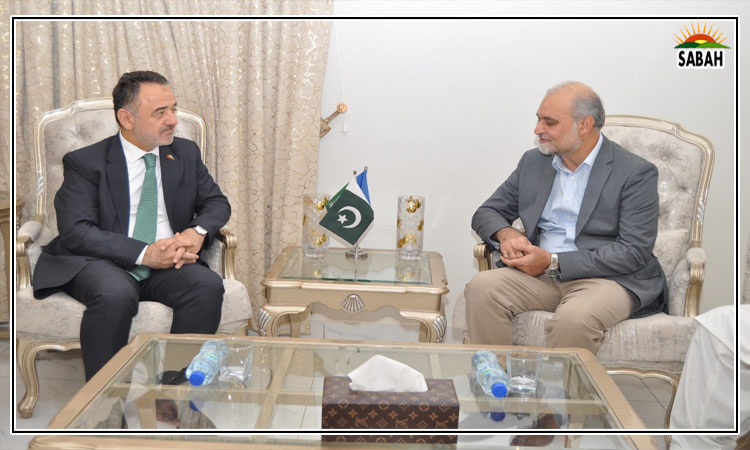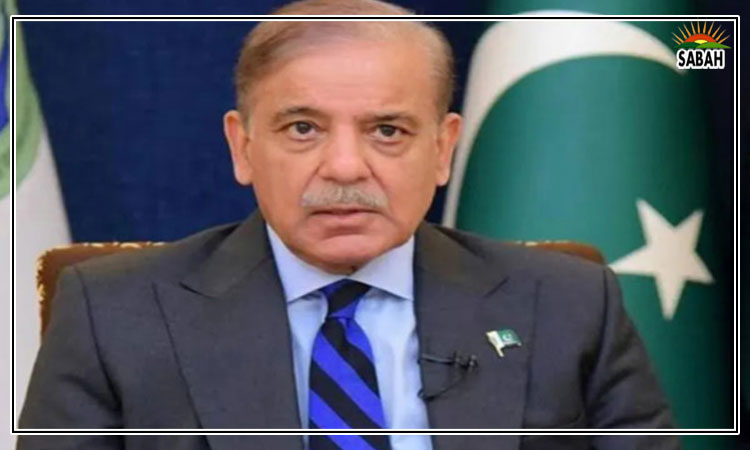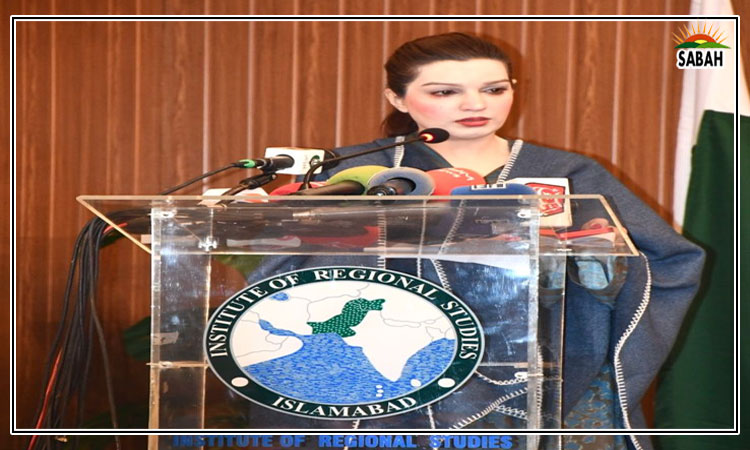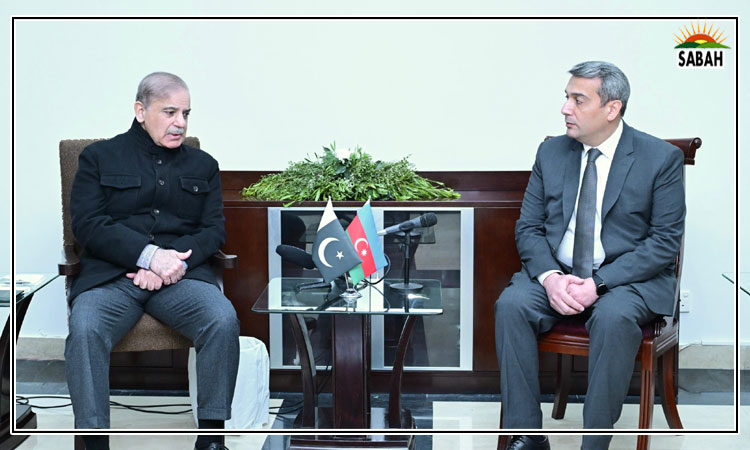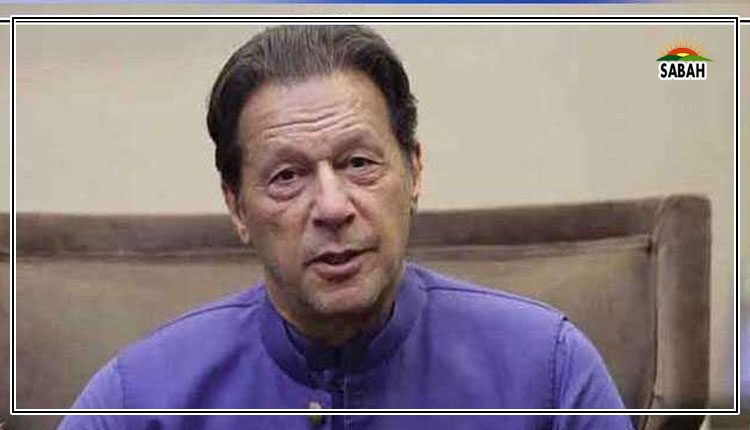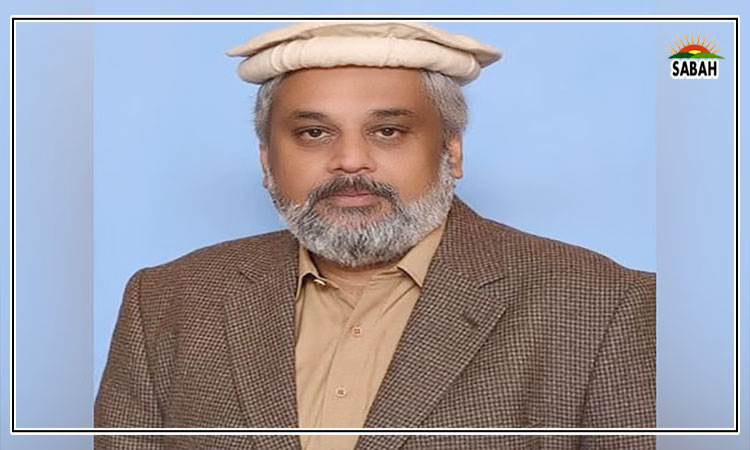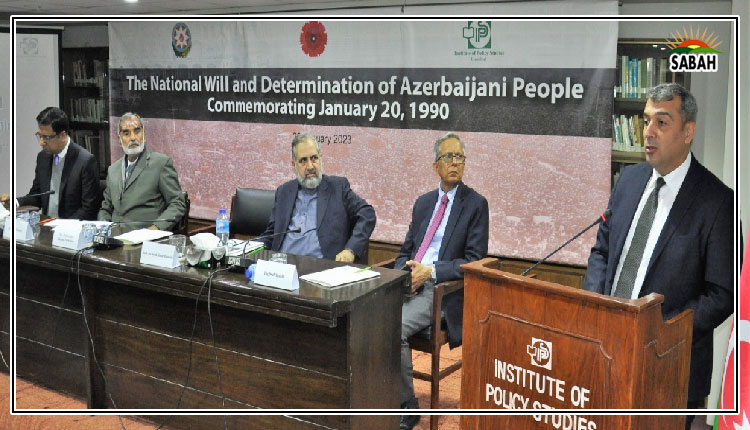World urged to support liberation struggles of oppressed people under int’l law
ISLAMABAD, Jan 21 (SABAH): The world must condemn the brutality and violence of oppressor states as crimes against humanity and support the liberation struggle of oppressed people and their right to self-determination under international law, stated Khazar Farhadov, Ambassador of the Republic of Azerbaijan to Pakistan, while paying tributes to the martyrs of the Black January massacre by Soviet troops in Azerbaijan.
The remembrance session titled “The National Will and Determination of Azerbaijani People: Commemorating January 20, 1990”, was arranged by the Institute of Policy Studies (IPS), Islamabad, and Embassy of the Republic of Azerbaijan in Pakistan.
The well-attended session was also addressed by Khalid Rahman, Chairman, IPS, and Ambassador (retd) Syed Abrar Hussain, Vice Chairman, IPS, Khalid Taimur Akram, Executive Director, Pakistan Research Center for a Community with Shared Future, and Dr. Tughral Yamin, senior research fellow IPS and former dean, CIPS, NUST.
The martyrs of January 20, 1990, are never to be forgotten as they paved the way to Azerbaijan’s liberation and sacrificed their lives for the territorial integrity, freedom, national identity, and sovereignty that Azerbaijan today enjoys, said Khazar Farhadov.
Commemorating the memory of the sacrifices of his compatriots who were subjected to violence, he apprised that January 20, 1990, marks a terrible tragedy, known as Black January, in the history of Azerbaijan as thousands of Soviet troops invaded Baku, brutally killed around 150 unarmed civilians, including children, women, and elderly people, injured hundreds of peaceful people, and unlawfully imprisoned around 800 people in one night. In direct opposition, around one million Azerbaijanis gathered in the streets in an unmatched act of solidarity and for 40 days continued the patriotic war. After only one and a half years, Azerbaijan regained its independence as the Republic of Azerbaijan.
Unfortunately, there are many similarities between this degree of aggression and today’s world where acts of violent extremism and terrorism motivated by hatred are at work to crush the freedom struggle and resistance of oppressed people, like Kashmiris and Palestinians, noted the speakers. Azerbaijan’s struggle for liberation and self-determination lies parallel with the struggle of Muslims of Kashmir and Palestine.
Both Pakistan and Azerbaijan have always supported the struggle of the people for liberation. Owing to the history of similar struggles and cordial relations based on common cultural heritage, shared perception of issues, and cooperation at international forums, Pakistan has always supported the Azeri cause against Armenia. Similar support has been extended by Azerbaijan to the cause of Kashmir, the speakers observed.
However, the rapidly changing global landscape now mandates deeper cooperation between Muslim states to present a strengthened stance and unity. In this regard, Pakistan and Azerbaijan must strengthen their bilateral ties and work for common causes, interests, and challenges with the help of different actors like think tanks, said speakers.
Khalid Rahman termed the martyrs of Black January as a source of inspiration for all the people fighting for liberation and self-determination. He highlighted that Pakistan and Azerbaijan must strengthen support for this cause in Kashmir and foster their enduring cultural, geopolitical, religious, and diplomatic relations through various channels at regional as well as international level.



